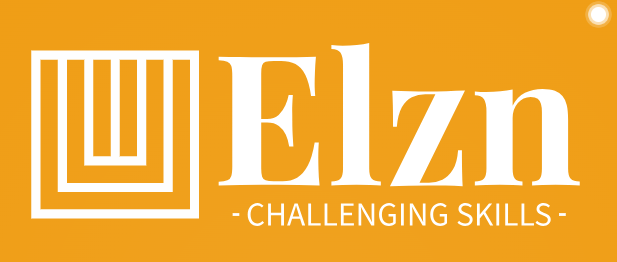As companies continue to rely heavily on cloud-based services, cloud security has become a fundamental pillar of business continuity. Superior cloud security does not just protect against cyber threats; it also enables businesses to maintain uninterrupted operations while building trust with their customers and stakeholders. With data breaches and cyberattacks becoming more sophisticated, the ability to prevent such incidents is no longer optional it is essential for business survival and growth. Cloud security goes beyond just securing data. It encompasses a range of practices and technologies designed to protect both the infrastructure of the cloud environment and the sensitive information stored within it. The adoption of superior cloud security practices ensures that businesses can not only safeguard their data but also maintain seamless access to services and applications, regardless of location or device. This continuous availability of systems, often referred to as business continuity, is achieved through redundant systems, robust backup strategies, and the ability to scale services based on need.

By leveraging cloud environments with built-in security, companies ensure that their operations are always running smoothly, without fear of downtime or loss of data integrity. The importance of digital trust in this context cannot be overstated. Customers and clients are increasingly concerned about the privacy and security of their personal data. When organizations invest in superior cloud security measures, they demonstrate a commitment to safeguarding their customers’ information, which in turn enhances the reputation of the business. This trust is invaluable and can directly influence a company’s success, as consumers are more likely to engage with and remain loyal to brands that prioritize data protection. Robust Cloud Security data breaches making headlines regularly, organizations that can assure their customers of the highest level of security gain a competitive edge in the market. Superior cloud security practices include several layers of protection such as encryption, access control, multi-factor authentication, and continuous monitoring. Encryption ensures that data is unreadable to unauthorized individuals, while access control limits who can view or alter sensitive information.
Continuous monitoring helps detect and mitigate potential security threats before they can cause significant damage. By incorporating these and other advanced techniques, organizations can significantly reduce the risk of data breaches or cyberattacks. Moreover, cloud security solutions enable businesses to be agile and flexible. Since cloud platforms are built to scale, businesses can easily adapt to changing market conditions without compromising security. Whether expanding into new markets, offering new services, or adjusting to sudden spikes in demand, cloud security ensures that all data transactions and operations remain secure at all times. This scalability is a significant advantage over traditional on-premise IT infrastructure, which can be costly and difficult to maintain at the same level of security. By adopting advanced cloud security measures, businesses can operate confidently in an increasingly complex digital world. This proactive approach not only secures their data but also strengthens relationships with customers, enhances brand reputation, and positions the company for long-term success. In a world where cyber threats are always evolving, superior cloud security is the cornerstone of a resilient and trusted business.
